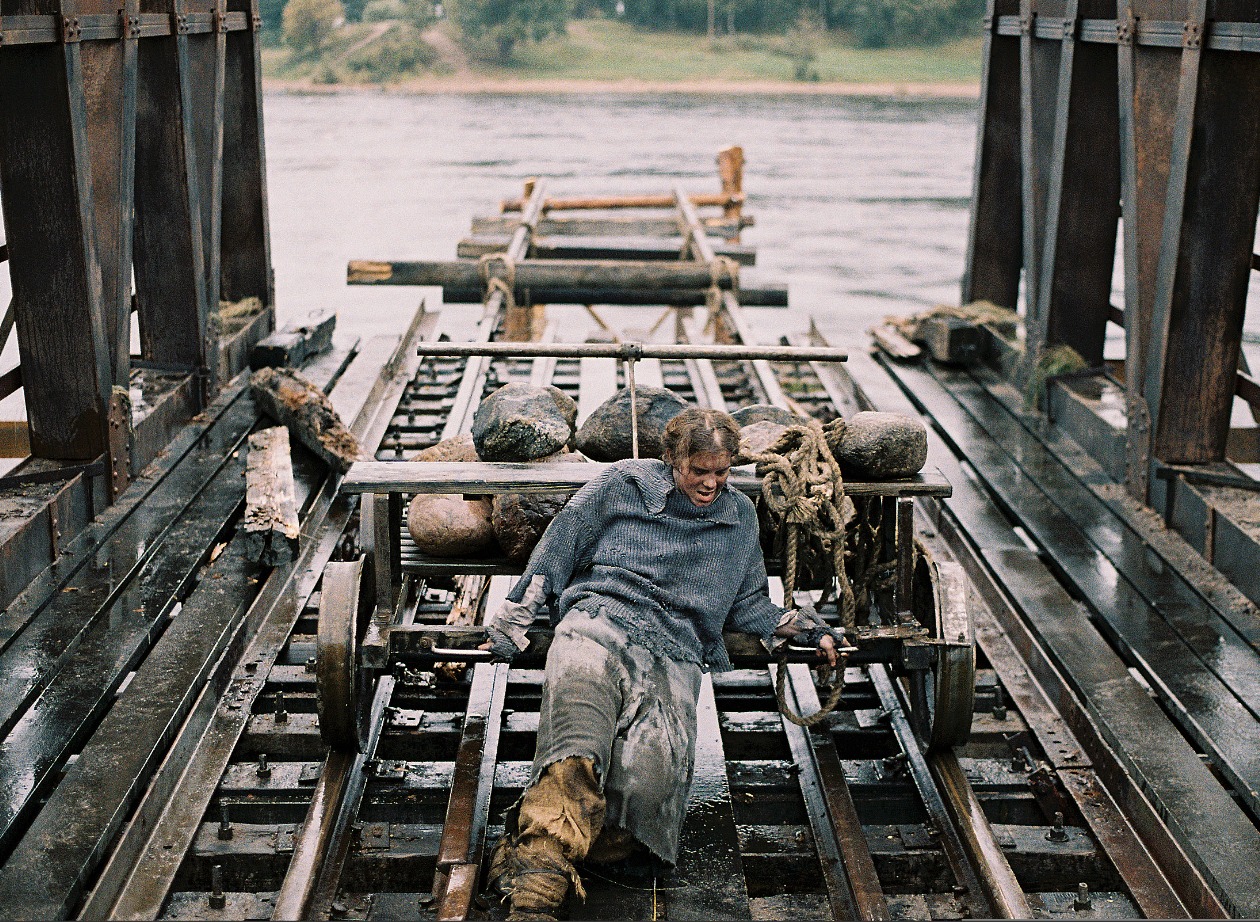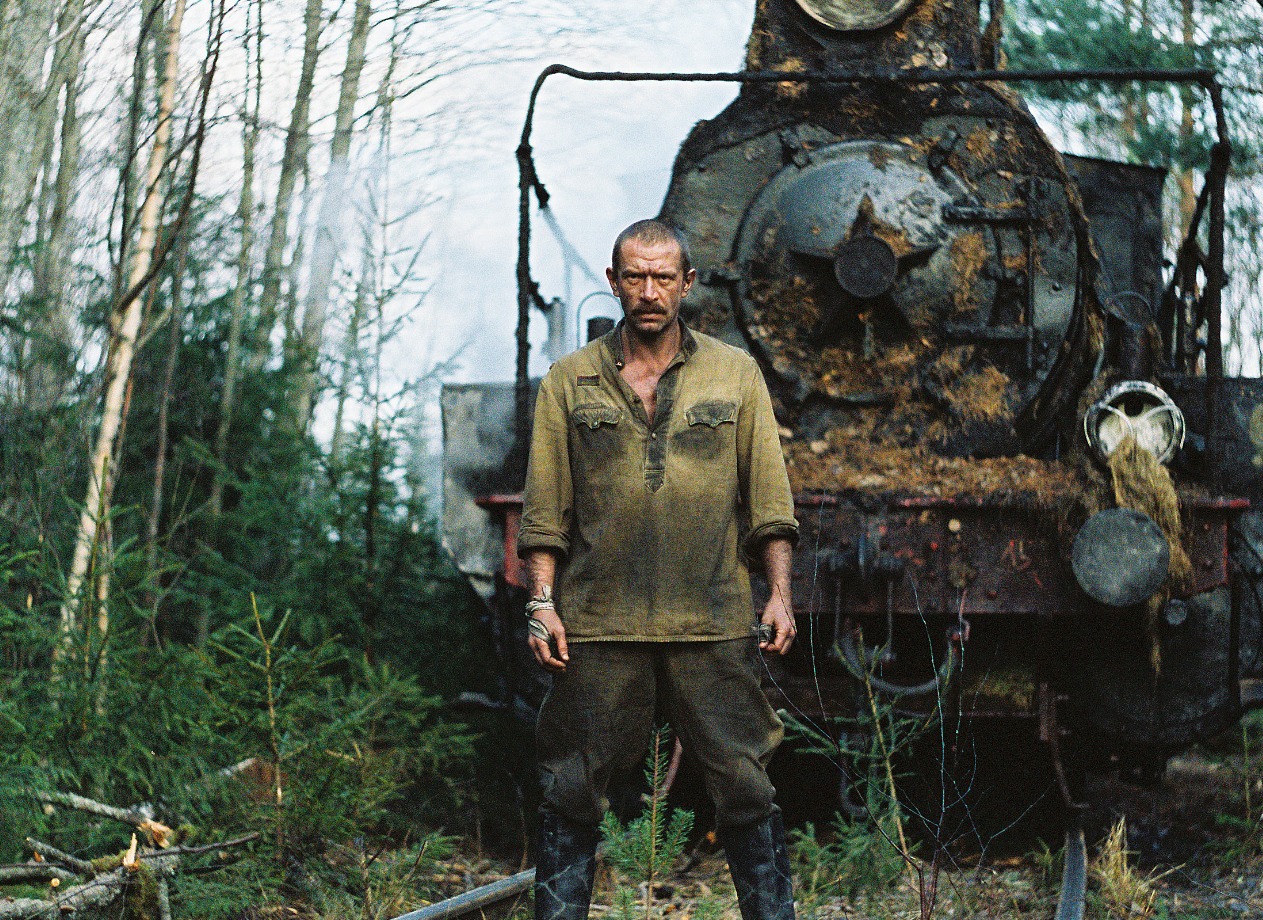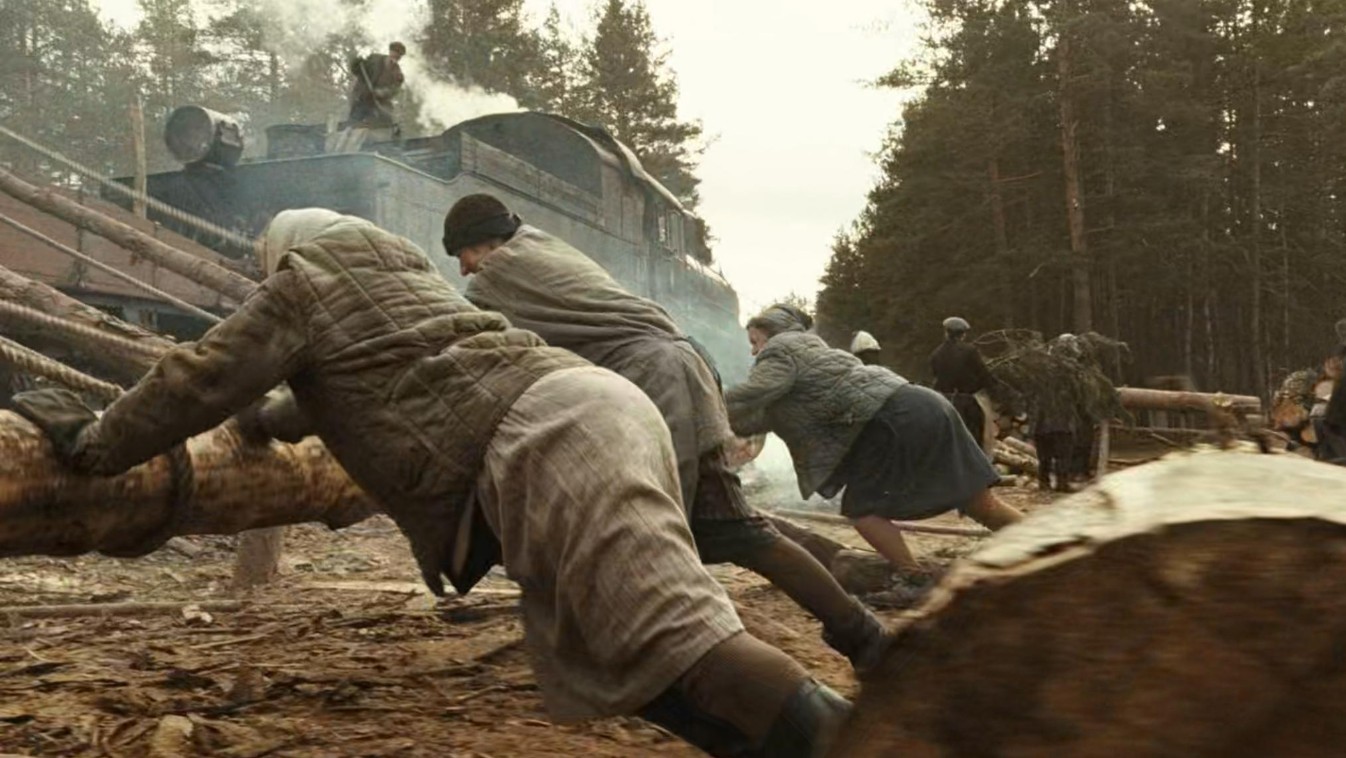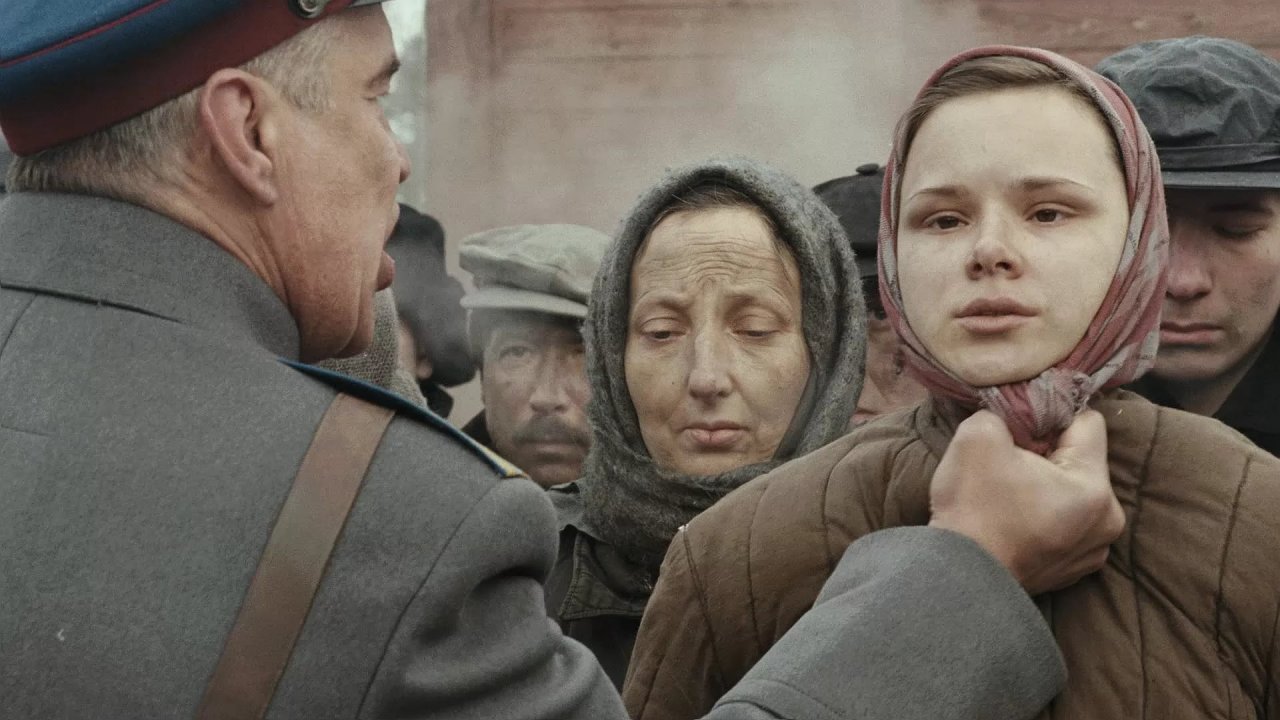The Edge (2010)

“The Edge,” directed by Aleksandr Zvyagintsev, is a gripping drama set in the aftermath of World War II, in a remote Siberian labor camp for German prisoners and Soviet criminals. The film follows Ignat, a former tank driver and war hero, who arrives at the camp carrying the weight of his traumatic past. Seeking solace and a sense of purpose, Ignat becomes fascinated with an abandoned steam engine, which he discovers hidden deep in the forest.

As Ignat immerses himself in repairing the old engine, he encounters Elsa, a young German woman who has been hiding in the forest since the war’s end. Their uneasy alliance evolves as they work together to restore the train, driven by a mutual desire for escape and redemption. Despite the language barrier and cultural differences, Ignat and Elsa form a bond, sharing their pain and hopes for a better future.

The film explores themes of survival, forgiveness, and the human spirit’s resilience. Through the harsh Siberian landscape and the bleak conditions of the labor camp, “The Edge” paints a vivid picture of post-war desolation and the lingering scars left by conflict. The characters’ struggles against nature and their own haunted memories highlight the complexities of trust and redemption in a world still reeling from the war’s devastation.

As Ignat and Elsa inch closer to their goal of escaping the camp, they must navigate the suspicions and hostilities of the other inmates, who are wary of their alliance and the potential consequences of their actions. The climax of the film is a tense and emotional journey, where the restored steam engine becomes a symbol of hope and freedom, propelling the characters toward an uncertain future.

“The Edge” is a poignant and visually stunning film that delves into the depths of human endurance and the quest for meaning in the aftermath of war. Its powerful narrative and compelling performances offer a profound reflection on the capacity for healing and the enduring hope for a new beginning.











